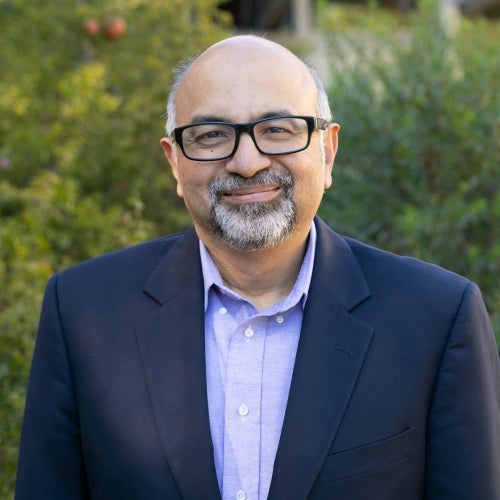Dean's Message

IN THE U.S. AND GLOBALLY, women and girls face unmet needs for preventive services, health care and better living conditions. Around the world, more than 200 million women and youth who don’t want to become pregnant are unable to obtain and use safe and effective means of prevention. In the U.S., free and affordable contraception is threatened for many. Battles we might have thought were won, such as ensuring access to reproductive health services, still need to be fought.
But the problem goes beyond reproductive health. In the U.S., women are less likely than men to report that they are in excellent or very good health overall, for reasons that can’t be explained by biology. More than 2.6 million fewer American women find themselves in excellent or very good health than would be the case if women had the same health experience as men. The disparity persists across national borders. The World Health Survey found that women are significantly less likely than men to rate their health as good across eight domains. Importantly, more than half of this disadvantage was attributable to gender differences in work and education.
Extreme economic hardship poses one of the greatest health threats for all people but disproportionately afflicts women, including in the U.S., where 4 million more women than men live in poverty. The pace of progress in this area is unacceptably slow: The World Economic Forum estimates that at current rates, it will take another 217 years to close the economic gender gap.
The challenges women and girls face to their health — and the social conditions that shape it — transcend borders, and so do the efforts of our Fielding School faculty, students, staff and alumni to address these challenges. Locally and around the world, our FSPH community is taking important steps to:
• improve the quality of women’s and girls’ lives in ways that will reduce their risk of poor health;
• ensure that all health care systems meet the needs equally of women and men, even when they were not originally designed to;
• advance the social conditions for women and girls in ways that promote their health; and
• increase opportunities for women and girls across communities to lead and have a voice in policymaking and decision-making.
We are developing wide and deep collaborations focused on taking action to address gender-based social and economic inequalities that feed poverty and poor health for many millions of women in the U.S. and internationally. We hope that these efforts and this issue of our magazine can serve as tools for bringing together members of our wider community to work toward our common goals. When women and girls around the world enjoy unlimited opportunities to pursue healthy and fulfilling lives, everyone benefits.
Faculty Referenced by this Article

Professor of Community Health Sciences & Health Policy and Management, and Associate Dean for Research



